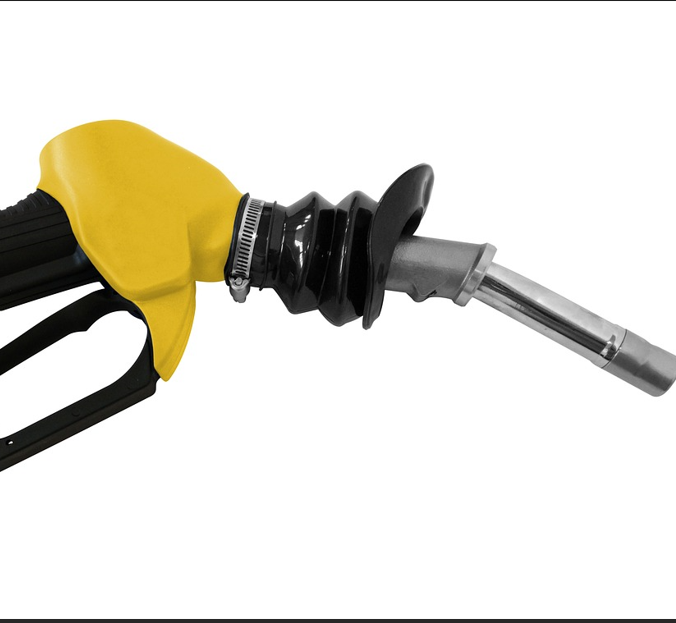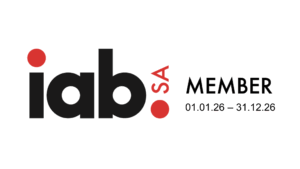Cape Town – South Africa is losing approximately R3.6 billion annually due to fuel adulteration, a criminal practice now rampant across the country, according to statistics from the International Trade Administration Commission (ITAC).
This figure was highlighted by the South African Revenue Service (SARS) in a statement released on Friday, as it warned of escalating levels of illicit fuel trade and fraud in the petroleum sector.
Fuel adulteration — often involving the illegal mixing of diesel with paraffin — has become a key facet of the broader illicit economy that SARS says is undermining national security, public trust, and the government’s ability to collect taxes.
The revenue agency’s investigations reveal widespread noncompliance at fuel storage and distribution depots, where large volumes of fuel are tampered with and sold unlawfully.
“The criminal syndicates engaged in these brazen acts have become emboldened to act callously with no restraint in pursuit of their rapacious and criminal gains,” SARS Commissioner Edward Kieswetter said.
Recent joint operations by SARS and other government agencies uncovered shocking levels of malpractice:
-
953,515 litres of contaminated diesel detained
-
R367 million worth of assets and fuel seized
-
12 transport trucks found with falsified import declarations
-
Six depots violating customs legislation
-
A mobile “fuel washroom” discovered, used to remove paraffin markers from diesel
-
Diesel samples containing up to 68% paraffin
The fuel fraud, often involving under-declaration of volumes at ports of entry, affects several provinces, particularly Gauteng, KwaZulu-Natal, and Mpumalanga, which lie along the strategic Maputo Corridor — a known hotspot for smuggling activities, the statement said.
It said that SARS and the National Joint Operational and Intelligence Structure (NATJOINTS) are intensifying efforts to tackle the crime. Thirteen criminal cases have already been registered, with investigations ongoing.
Fuel adulteration not only threatens government revenue but also damages engines, harms the environment, and creates unfair competition in the petroleum market.
Kieswetter affirmed SARS’s commitment to restoring lawfulness in the fuel industry. “These acts threaten the very foundation of our society. Our message is clear: we will spare no efforts to crush them,” he said.
Government departments involved in the crackdown include the SAPS, SANDF, SSA, Department of Mineral Resources and Energy, and National Prosecuting Authority, among others.
The R3.6 billion figure now puts the fuel sector under intense scrutiny as the state ramps up enforcement of the Customs and Excise Act, hoping to recover billions lost to fraud and restore integrity in the petroleum supply chain.
Follow African Insider on Facebook, Twitter and Instagram
Picture: Pixabay
For more African news, visit Africaninsider.com
Compiled by Betha Madhomu



